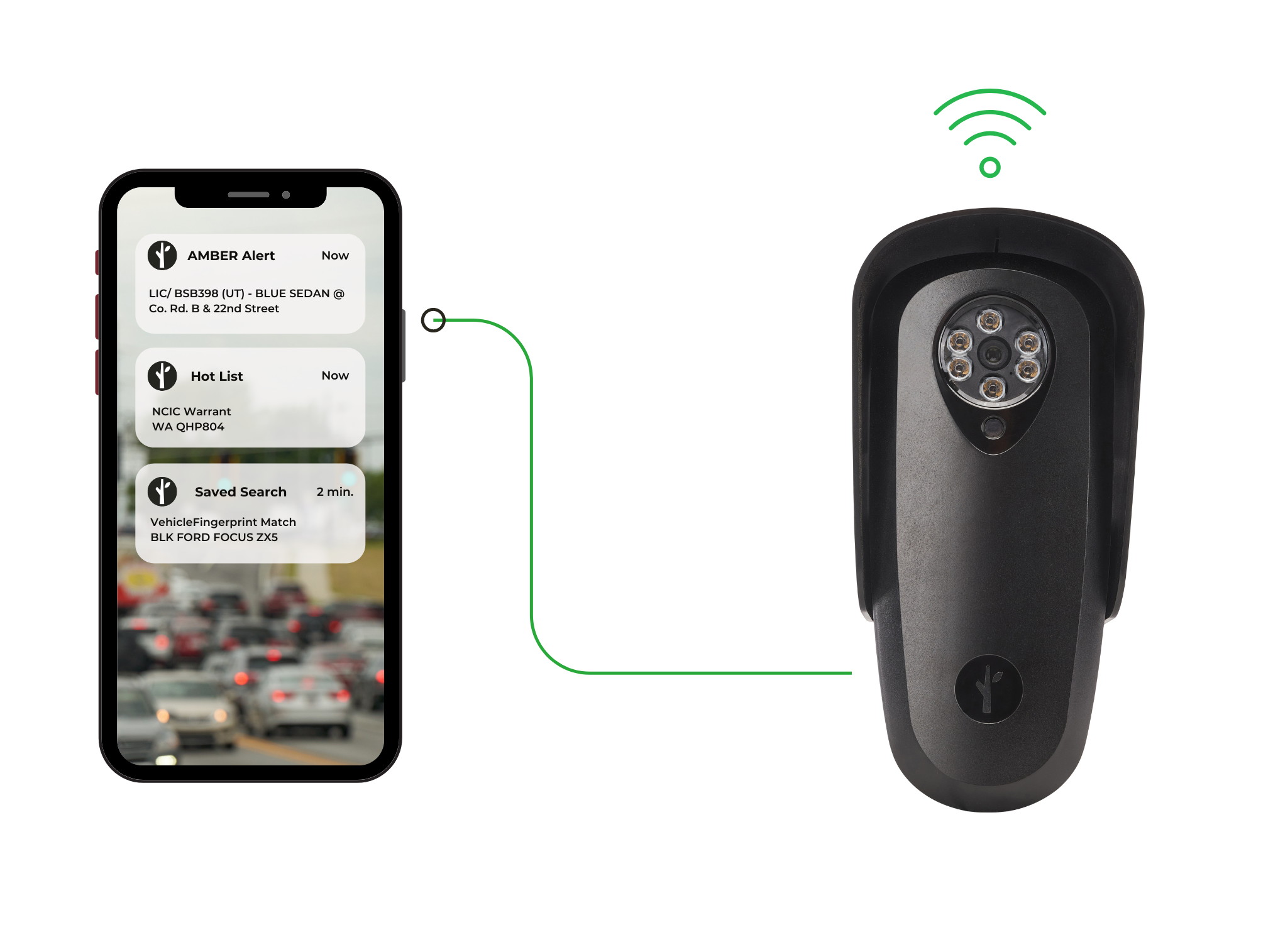Flock Safety Restricts Federal Access to License Plate Data Amid Illinois Privacy Concerns

SPRINGFIELD, IL – Flock Safety, a leading provider of automated license plate recognition (ALPR) systems, has suspended its pilot programs with federal agencies, including U.S. Customs and Border Protection (CBP) and Homeland Security Investigations (HSI). This decision follows an audit by Illinois Secretary of State Alexi Giannoulias, which revealed that CBP had accessed Illinois license plate data in violation of a 2023 state law designed to protect sensitive information.
Secretary Giannoulias stated that the sharing of data from Illinois roads constituted "a clear violation of the state law." This legislation, championed by Giannoulias, prohibits sharing license plate data with police investigating out-of-state abortions or undocumented immigrants. The audit found that Flock Safety lacked proper safeguards for data sharing, and some company leadership was reportedly unaware of the federal pilot programs.
Flock Safety CEO Garrett Langley acknowledged the oversight, stating, "We clearly communicated poorly. We also didn’t create distinct permissions and protocols in the Flock system to ensure local compliance for federal agency users." He explained that the pilot programs were intended to combat human trafficking and fentanyl distribution, though the parameters were ambiguous.
In response to the controversy, Flock Safety has implemented significant changes. Federal inquiries will now be clearly identified, and blanket national or statewide searches are prohibited. Instead, federal agencies must make specific, case-by-case requests to individual police departments. Furthermore, the system has been updated to block searches containing sensitive terms such as "abortion," "immigration," or "ICE," a measure in effect since late June.
Flock Safety's network captures billions of license plate images monthly across over 4,000 communities. The data ownership resides with local agencies, which then respond to inquiries from other law enforcement entities. The company's move underscores growing scrutiny over data privacy and the use of surveillance technology by government agencies.